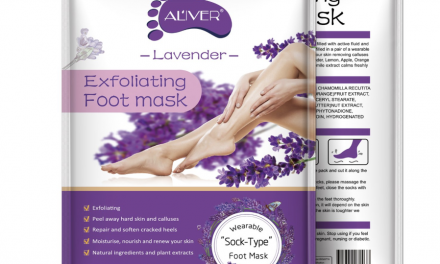
Women are different from men physically,
mentally and emotionally – that’s no big
surprise. We know it from personal experience, which science has then supported
over many years.
No surprise either that women handle
stress differently from our male counterparts – but, unfortunately, not in a good way. How we typically process
stress adversely affects our health and longevity.
Pace of Life Creates Stress
For men as well as women, the pace of
life has outstripped our brain’s ability to adapt, according to Dr. Amit Sood, retired professor of medicine at
the Mayo Clinic and founder of the Clinic’s Resilience Program.
That feeling you often have as your
day whips by – that there’s too much to do and too
little help to do it – is accurate.
You’re far from the only one. We are all suffering from a sense of less control
over what goes on in our day-to-day lives, which is a primary and critical
cause of stress.
Women Process Stress Differently Than Men
When it comes to how women handle
stress, researchers at the Yale University School of
Medicine found that women tend to view – and review – in our minds
whatever caused us stress.
It could be that we were late to an
appointment, a grandchild couldn’t be soothed, we can’t seem to shed pounds, a
project failed, or we had an argument with a loved one.
This continual and repetitive
processing of the stressful experience causes stress on top of the original
stress. No wonder we’re exhausted so often.
Men, on the other hand, generally
tend to go into problem-solving and action mode after experiencing stress. They
plot and plan and figure out what to do about the stress rather than simply
re-imaging it as women do.
This would be merely an interesting fact if it weren’t
for the consequences on our health and longevity. Stress is not good or bad in
and of itself. It’s the obsessing over the stress that kicks our body’s normal
and natural “flight or fight” response into overdrive.
Instead of a momentary, elevated inflammatory response
to support our immune system through a trying time, when we revisit our stress
over and over, our system continues to pump out emergency support in the form
of immune cells.
The over-production of these cells interferes with our
bodies’ healthy tissues, which can lead to chronic inflammation. What
started as a good, protective immune system function becomes a destructive,
harmful one.
The upshot of all this? Chronic
inflammation contributes significantly to health problems such as cancer, heart
disease, obesity, and more specifically, age-related conditions such as frailty
and cognitive decline.
I don’t
know much more about Ruth Westheimer, 91, a.k.a., “Dr. Ruth,” than what’s
available in the public domain, but I would bet that she has found a successful
way to deal with her stress.
Most
of us know of Dr. Ruth as a sex educator with a witty, fun way of sharing her
wisdom and expertise over her many years on TV. But before that, Dr. Ruth lost
her parents in WWII, trained as a scout and sniper in 1948, and was wounded in
action.
She
eventually migrated to the U.S. and became a therapist, media personality, author
of some 40 books, and a mother of two and a grandmother of four.
Her most recent book, Roller Coaster Grandma, published in
2018, is an autobiography written for ages 8–12. There’s no way Dr. Ruth
would have been capable of such a full and rewarding long life if she hadn’t
figured out a healthy response to her various stressors.
Destressing Steps
How
can you better manage stress?
First,
when stress is triggered, practice going quickly into problem-solving mode. One
technique that has worked for many women is to write down the stressor and why
it bothers you in one column.
In
a column next to it, write down possible solutions or actions, point by point,
to deal with the stressor. Then, take the required steps.
Second,
recognize that stress is an inevitable part of life. Today’s stressors are just
different from those of yesteryear. Take breaks from social media, don’t
over-schedule yourself, create a list of resources or people you can ask for help
when you’re feeling alone and overwhelmed.
Life
is meant to be enjoyed, not a burden to be endured. Learn to deal with your
stress differently and give your health and longevity a welcome boost.
What
are some common stress triggers in your life? What have you found that works to
reduce stress? Do you feel you are more stressed now than when you were
younger? Why? Please share your thoughts with our community.





